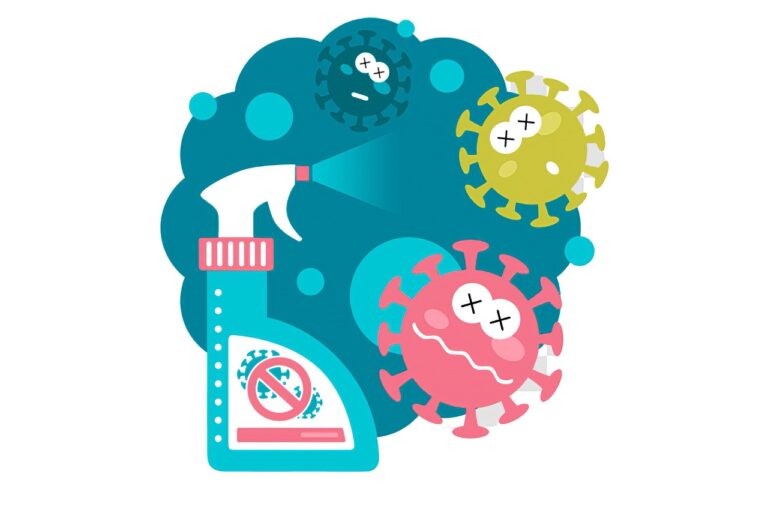The Role of Health Journalism in Public Awareness
Health journalism plays a crucial role in shaping the way society perceives health issues. Through accurate reporting and in-depth analysis, journalists have the power to educate the public, raise awareness about important health topics, and hold institutions accountable for their actions. By providing timely and relevant information, health journalists empower individuals to make informed decisions about their well-being and advocate for better healthcare policies.
Moreover, the impact of health journalism extends beyond individual awareness to influencing public discourse and policy-making. By highlighting disparities in access to healthcare, exposing unethical practices in the medical industry, and reporting on emerging health threats, journalists can spark conversations that lead to positive change. Additionally, journalists have the responsibility to fact-check information, combat misinformation, and present complex health data in a way that is understandable to the general public.
The Evolution of Health Reporting
The landscape of health reporting has undergone significant transformations over the years. In the past, health journalism primarily focused on conveying information from medical professionals to the general public in a straightforward manner. However, as society has become more health-conscious and digital advancements have revolutionized the way we consume information, health reporting has adapted to meet these changing needs.
With the rise of social media and online platforms, health journalism has evolved to be more interactive and engaging. Journalists now often utilize multimedia elements such as videos, infographics, and live interviews to make health information more accessible and digestible to the public. This shift has not only made health reporting more engaging but has also allowed for a wider reach and impact on society’s perception of health issues.
How Health Journalism Shapes Public Perception
Health journalism plays a pivotal role in shaping public perception by providing information, analysis, and narratives that influence how individuals perceive health issues. Journalists have the power to frame stories in a way that can sway public opinion, either by emphasizing certain aspects of a health topic or by presenting conflicting viewpoints. The choice of sources, language used, and overall tone of health reporting can significantly impact how the public understands and reacts to various health-related issues.
Moreover, the level of expertise and credibility of health journalists can also shape public perception. People often rely on journalists as trusted sources of information, particularly in matters concerning their well-being. When journalists convey complex health information in a clear and accurate manner, they can help the public make informed decisions and better understand the implications of health-related developments. On the other hand, biased reporting or sensationalism can lead to misconceptions and fear mongering, ultimately influencing how individuals perceive and respond to health issues.
• Health journalism influences public perception through information, analysis, and narratives
• Journalists have the power to frame stories in a way that can sway public opinion
• The choice of sources, language used, and overall tone of health reporting significantly impact how the public understands health issues
• Credibility and expertise of health journalists play a role in shaping public perception
• Clear and accurate reporting helps the public make informed decisions about their well-being
How does health journalism influence public perception?
Health journalism plays a crucial role in shaping public perception by providing information on health issues, trends, and advancements in the field. It can influence how the public views certain health topics, treatments, and policies.
What are some examples of how health journalism has impacted public perception in the past?
Health journalism has played a significant role in raising awareness about public health crises such as the HIV/AIDS epidemic, obesity epidemic, and vaccine controversies. It has also helped to debunk myths and misinformation surrounding health issues.
How has health reporting evolved over time?
Health reporting has evolved from simply reporting on medical breakthroughs to providing in-depth analysis, investigative journalism, and personal stories related to health issues. It has become more critical in holding institutions accountable and providing a more holistic view of health topics.
Can health journalism be biased?
Like any form of journalism, health journalism can be biased depending on the agenda of the media outlet or journalist. It is important for consumers to critically evaluate sources and consider multiple perspectives when consuming health news.
How can individuals critically evaluate health journalism?
Individuals can critically evaluate health journalism by checking the credibility of the source, looking for multiple sources to corroborate information, considering the expertise of the journalist or author, and being aware of potential biases or conflicts of interest.







